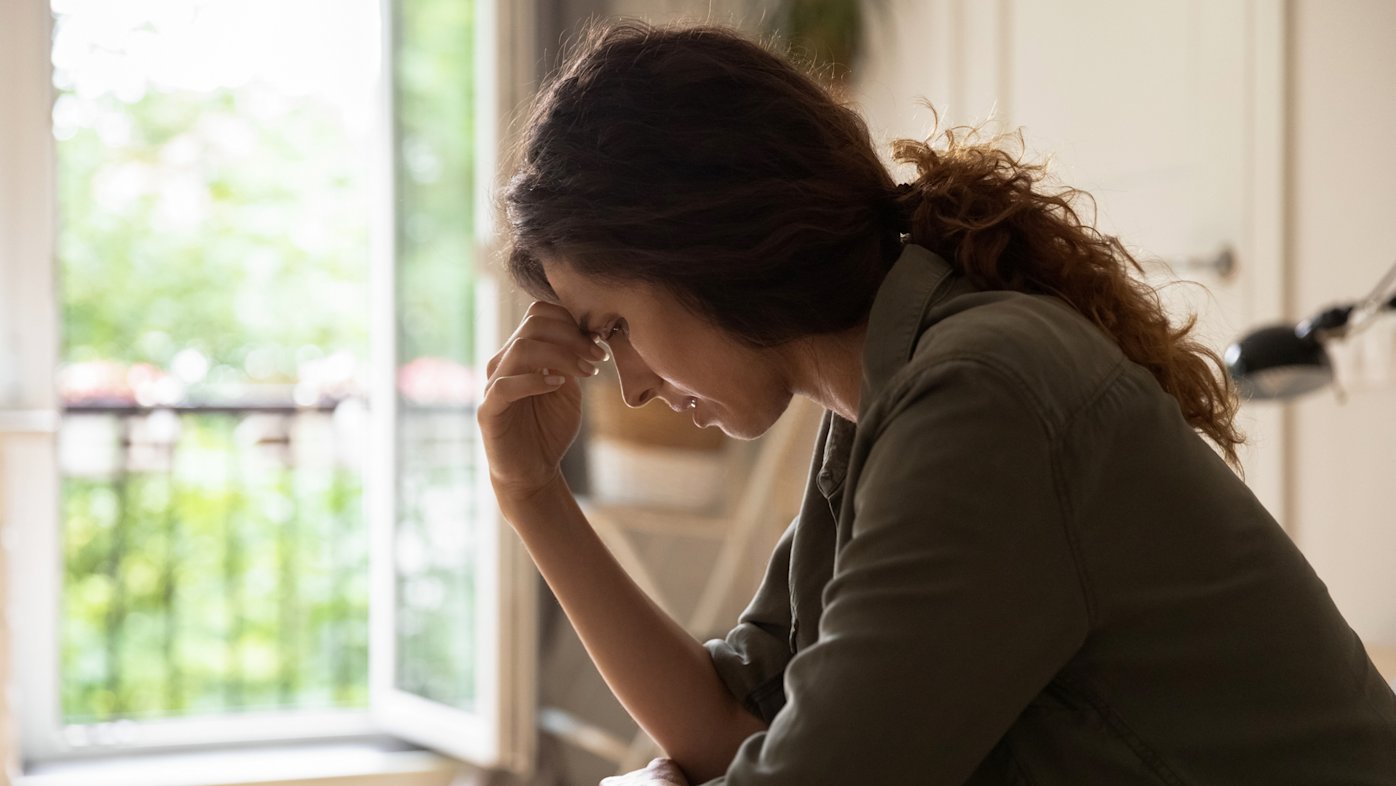
Caregiving and stress: An unfortunate combination
In a survey of more than 1,000 adults who provide unpaid care for an adult loved one, caregiving was found to take a toll on their mental health.
Whether it’s an alarm, rooster, partner or small child that wakes you in the morning, you probably don’t want to start your day with a surge of anxiety. Unfortunately, that’s the case for many people.
Morning anxiety is common. If you wake with heart palpitations, racing thoughts, headache, stomachache, feelings of dread, fatigue and tightness in your chest, you may be among the nearly 68 million people in the U.S. who reported experiencing symptoms of anxiety in February 2024.
Research has found there are a few reasons why this might be: Your supply of cortisol, known as the “stress hormone,” is often highest in the morning. What’s more, blood sugar levels are low, since it may have been eight or more hours since your last meal or snack. And the concerns from the prior day or night may still be bothering you if they were not resolved before your head hit your pillow.
“While anxiety can affect us at any time of the day, many people find they often wake up feeling anxious, or even what some would call simply ‘off,’” says Shanette Smith, a licensed marriage and family therapist with Sharp Mesa Vista Hospital. “Causes for this anxiety can range from unresolved worries or fears prior to going to bed, restless night of sleep, or a life situation currently causing stress. But whatever the reason, there are coping skills that can help.”
Smith recommends the following 5 tips to relieve morning anxiety:
“If you find that these tips aren’t relieving your anxiety or you’re feeling anxiety on a regular basis — whether that’s in the morning or throughout the day — talk with your doctor,” Smith says. “Together, you can determine if the care of a mental health practitioner is an appropriate next step.”
Learn more about mental health; get the latest health and wellness news, trends and patient stories from Sharp Health News; and subscribe to our weekly newsletter by clicking the "Sign up" link below.
Our weekly email brings you the latest health tips, recipes and stories.